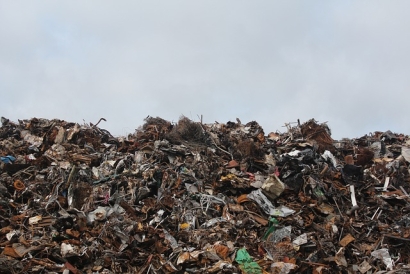
Waste-to-Energy plants recover energy that is used to power and heat households, buildings, industrial facilities and transports. Thousands of private homes, offices, schools, hospitals, and industries in Europe receive daily their energy from waste.
Indeed, Waste-to-Energy provides reliable, local and partly renewable energy, while playing an important hygienic function by treating non-recyclable municipal waste. This process of using residual waste as a resource not only keeps citizens warm but is also a vital link in the circular economy.
The Commission acknowledged this role of Waste-to-Energy in 2017 but must now reaffirm its commitment to Waste-to-Energy since residual waste generation is continuously increasing.
In light of the above, ESWET appreciates the ambitious initiatives proposed by the European Commission, however stresses the necessity to accelerate the revision of the Waste Framework Directive. Therefore, ESWET calls for:
ESWET also welcomes the Critical Raw Materials Act, and highlights that the recycling and recovery of key materials will be crucial to the green transition.
“The full contribution of the Waste-to-Energy sector to the circular economy should be endorsed, as a safe waste treatment solution for non-recyclable materials, a material recovery option, and a source of partly renewable and reliable energy for citizens and businesses,” said Patrick Clerens, ESWET Secretary-General.
This was reflected in the recent Conference on the Future of Europe[1], which concluded that active support should be given to the expansion of technologies such as Waste-to-Energy.
It is now up to the EU decision makers to act on the citizens’ concerns.
[1] Conference on the Future of Europe, Report on the final outcome, May 2022, Page 172, https://ec.europa.eu/info/strategy/priorities-2019-2024/new-push-european-democracy/conference-future-europe_en

